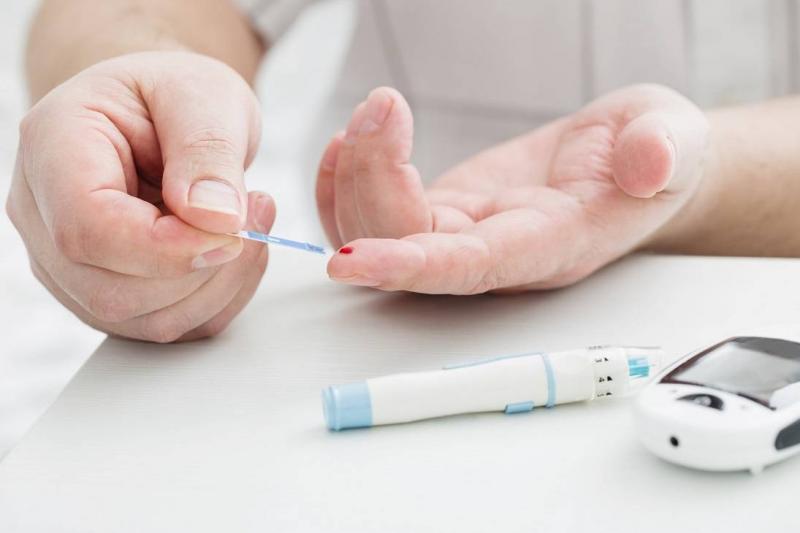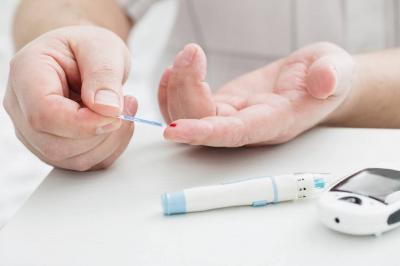A new study has shown that it is possible to regenerate insulin-producing cells in the pancreas, marking a breakthrough that could eliminate the need for insulin injections for diabetes patients. This achievement was made possible through the development of pancreatic ductal progenitor cells, which lead to the formation of the tissues lining the pancreatic ducts, mimicking the function of beta cells that are typically inactive or lost in individuals with type 1 diabetes.
Researchers, led by a team from the Baker Heart and Diabetes Institute in Australia, explored a new use for drugs already approved by the U.S. Food and Drug Administration (FDA) that target the EZH2 enzyme in human tissues, which usually controls cell development, thereby providing an important biological check on growth. Two small molecular inhibitors, GSK126 and Tazemetostat, which have already been approved for cancer treatments, were used to remove some of the restrictions imposed by EZH2, allowing progenitor duct cells to develop functions similar to those of beta cells.
The researchers wrote, "Targeting EZH2 is crucial for the potential regeneration of beta cells." The new cells can sense glucose levels and regulate insulin production, just like beta cells. In type 1 diabetes, which is the focus of the study, the original beta cells are mistakenly destroyed by the body’s immune system, necessitating regular insulin injections to manage blood glucose levels.
Tests conducted by the team showed the same interaction in tissue samples taken from two individuals aged 7 and 61 with type 1 diabetes, along with a 56-year-old non-diabetic individual, suggesting that this method could work across generations.




